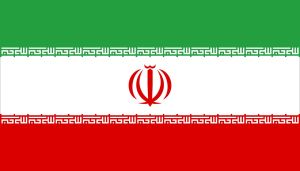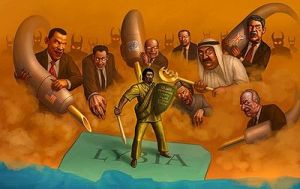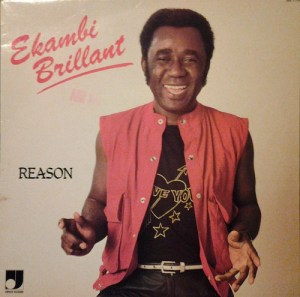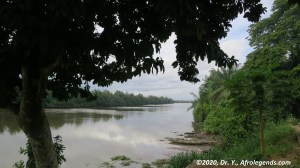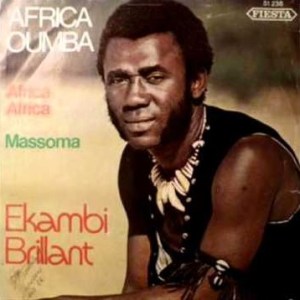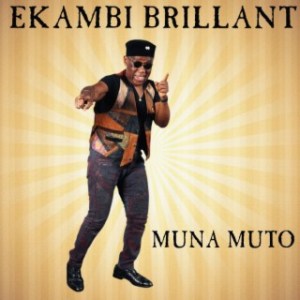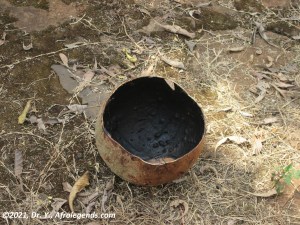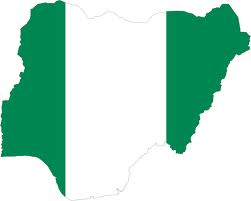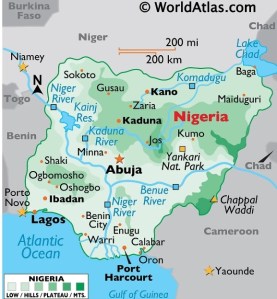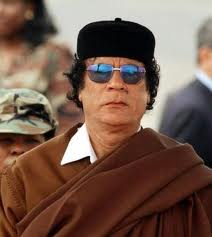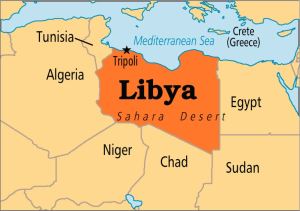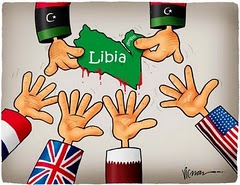
The 2026 Winter Olympics took place in Milan and Cortina, Italy this year, last month. The African participation at these Winter Olympics reached a historic high, with 15 athletes representing 8 African nations, competing across multiple winter sports. After PyeongChang 2018, this is the second time in the history of Winter Olympics that Africa is set to be represented by 8 countries. This marked the highest show from the continent at a Winter Game, reflecting steady growth in representation and investment in winter-sport pathways.

The 8 countries were Benin, Guinea-Bissau, Nigeria, Eritrea, Madagascar, Morocco, Kenya, and South Africa. Benin and Guinea-Bissau had their debut appearance. South Africa fielded its largest-ever Winter Olympic team, with 5 athletes. These 8 countries were represented by 15 athletes competing in alpine skiing, cross-country skiing, skeleton, and other individual disciplines. Mialitiana Clerc represented Madagascar, becoming the first African woman to compete in three winter olympics.
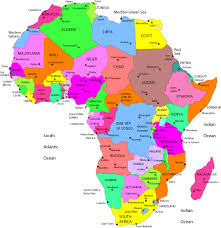
The athletes were Nathan Tchibozo of Benin and Winston Tang of Guinea-Bissau giving their country’s first time participation at the Olympics in Alpine Skiing, Samuel Ikpefan of Nigeria in Cross country skiing, Shannon-Ogbnai Abeda from Eritrea in Alpine skiing, Mialitiana Clerc and Mathieu Gravier from Madagascar in Alpine Skiing, Pietro Tranchina competing in alpine skiing and Abderrahim Kemmissa in cross-country skiing both from Morocco, Issa Laborde from Kenya in Alpine skiing; Lara Markthaler in alpine skiing, Malica Malherbe in freestyle skiing, Matthew Smith in cross country skiing, Nicole Berger in skeleton, and Thomas Weir in alpine skiing all representing South Africa.
There were no medals, but we are very proud of these athletes who showed great courage and resilience and patriotism to represent their countries.
As a side note, I would like to give a shout out to an American junior cousin duo skating pair whose parents are originally from Benin, formed by Anaelle Kouevi and Yann Homawoo. They are a rising US junior ice dance team; they won the US Novice Bronze medallists in 2024, and have not yet participated at the Olympics. They show great promise and we are also proud of them.


